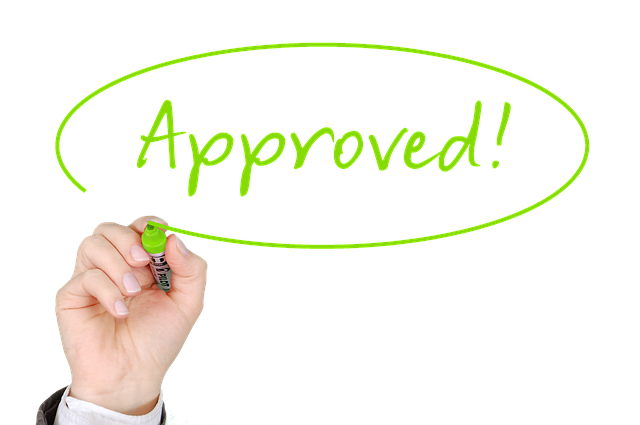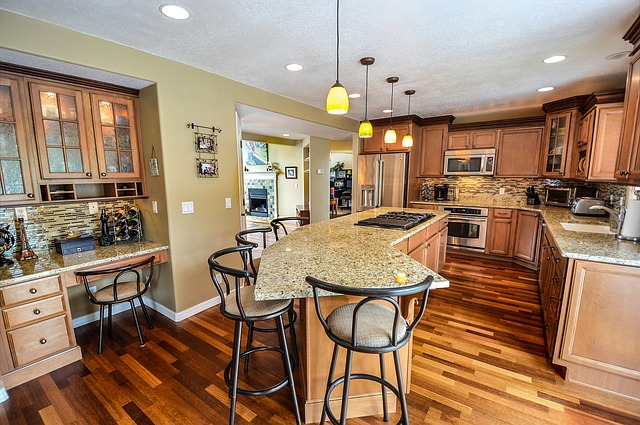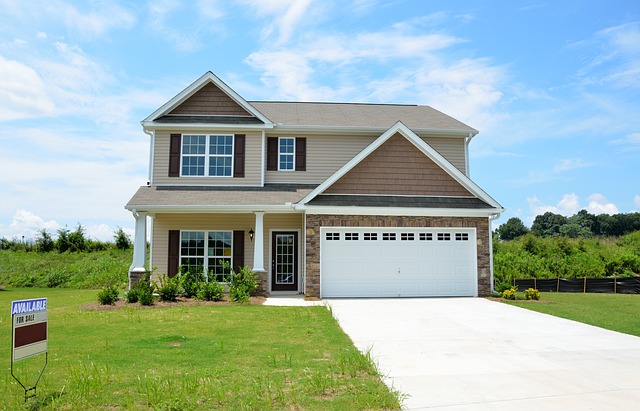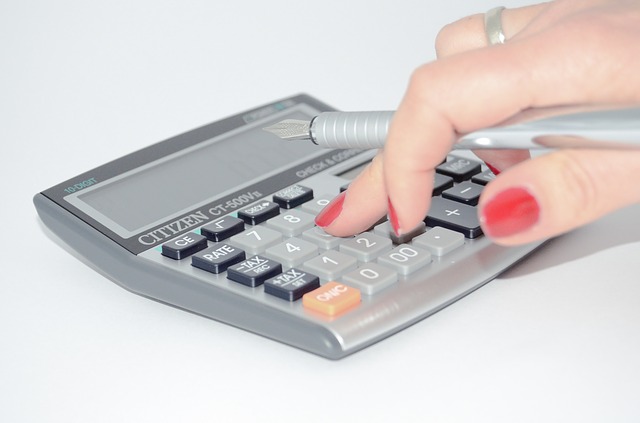 Whether you’re finally prepared to get into the real estate market or you want to know how you can make a deal quick, there are a few necessary documents you’ll need to prove your reliability to a mortgage lender.
Whether you’re finally prepared to get into the real estate market or you want to know how you can make a deal quick, there are a few necessary documents you’ll need to prove your reliability to a mortgage lender.
Here are the documents you’ll want to have on hand when the time comes.
Previous Tax Returns
In order to ensure the earnings information you’ve provided to the lender, you’ll need to have your tax returns for the two years prior to your mortgage application. In addition, you may also be required to provide your W-2s as backup documentation.
Bank Statements
To make sure you’re a solid bet who will be able to make your down payment, you’ll need to present bank statements to ensure you have a cushion in the case that interest rates increase. If you do get money gifted to you for your down payment, you’ll need a letter to prove you’re not indebted to the provider.
Recent Pay Stubs
It can be much more difficult to get approved for a mortgage if you have a patchy work history or happen to be self-employed, so you’ll need 2 months of recent pay stubs to prove consistent employment. The pay stubs provided should also be an accurate reflection of the salary you’ve provided on your application to ensure no discrepancies.
Investment Statements
It’s certainly a good sign to the lender if you have a healthy balance in your checking and savings accounts, but you’ll also need to provide any statements for mutual funds and other investments. While they may not be necessary to prove financial soundness, they will help with approval if you have a lot of money squirreled away.
A Listing Of Debts
While it may be the least popular of the pile, a lender will also want to know about any outstanding debts like auto loans, credit card payments or student loans. It may be tempting to forego these documents, but it will give the lender a good sense of your honesty and your ability to manage your mortgage.
Mortgage approval may seem like a time-consuming process with no certain end, but by having the appropriate documentation and being upfront about your debts, you may be able to speed up the time frame.
If you’re interested in buying a new home, remember to rely on two of your best assets – your trusted real estate agent and your home mortgage professional.
 Are you saving up money for a down payment? Saving money to put down on a home is always a smart idea, but there are right ways and wrong ways to go about it. Understanding how to best save for a down payment will go a long way toward ensuring you’re ready when you finally find the house of your dreams.
Are you saving up money for a down payment? Saving money to put down on a home is always a smart idea, but there are right ways and wrong ways to go about it. Understanding how to best save for a down payment will go a long way toward ensuring you’re ready when you finally find the house of your dreams. Your carbon footprint is the measure of your impact on the earth’s natural resources. This number describes the amount of fossil fuel it takes to support your lifestyle. In the United States, each person produces an average of 19.78 tons of carbon dioxide every year. A high carbon footprint means your daily habits are a quickening drain on our finite resources.
Your carbon footprint is the measure of your impact on the earth’s natural resources. This number describes the amount of fossil fuel it takes to support your lifestyle. In the United States, each person produces an average of 19.78 tons of carbon dioxide every year. A high carbon footprint means your daily habits are a quickening drain on our finite resources.  Your home is likely your largest investment. Beyond repairs and regular maintenance to keep it clean, comfortable, and safe, there are a number of projects that can increase the resale value of your property. These renovations top the list of changes you can make that positively impact your home’s value.
Your home is likely your largest investment. Beyond repairs and regular maintenance to keep it clean, comfortable, and safe, there are a number of projects that can increase the resale value of your property. These renovations top the list of changes you can make that positively impact your home’s value. Hunting for your new home can be a confusing process. There are countless factors you need to take into account to ensure your new location fits your family’s lifestyle and preferences. In their excitement, first-time home buyers can easily overlook some essential points about their potential property.
Hunting for your new home can be a confusing process. There are countless factors you need to take into account to ensure your new location fits your family’s lifestyle and preferences. In their excitement, first-time home buyers can easily overlook some essential points about their potential property. The success of your real estate ventures depend on your ability to navigate the financial world. Learn these terms to make it easier to understand what’s going on with your real estate investments.
The success of your real estate ventures depend on your ability to navigate the financial world. Learn these terms to make it easier to understand what’s going on with your real estate investments.